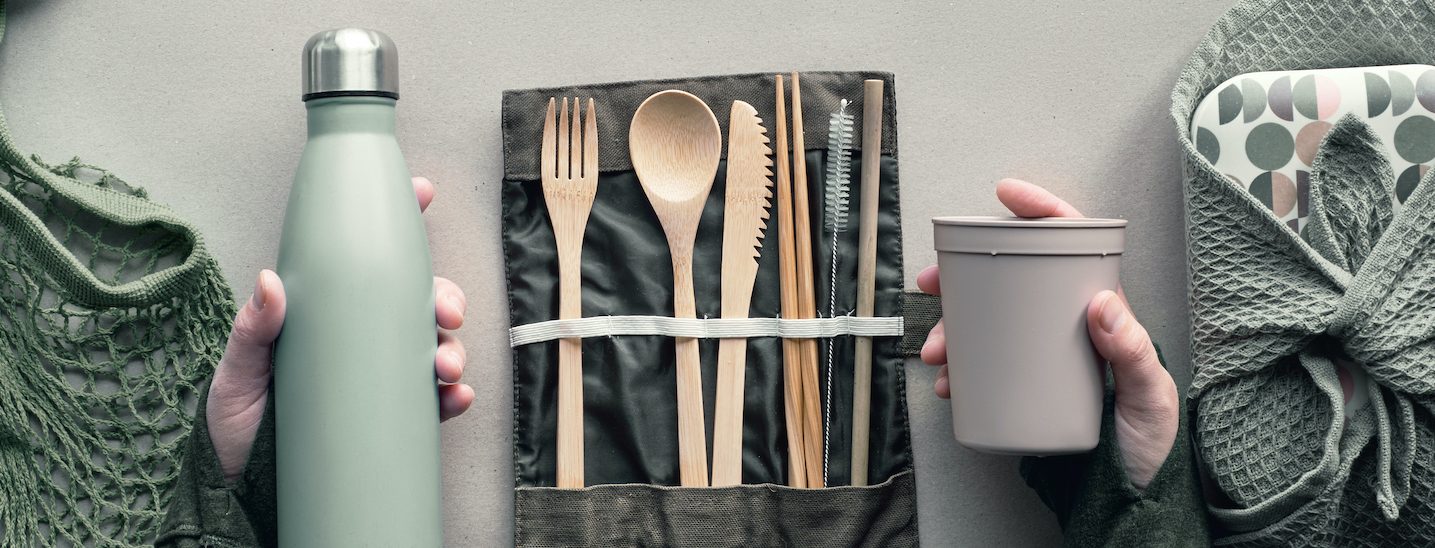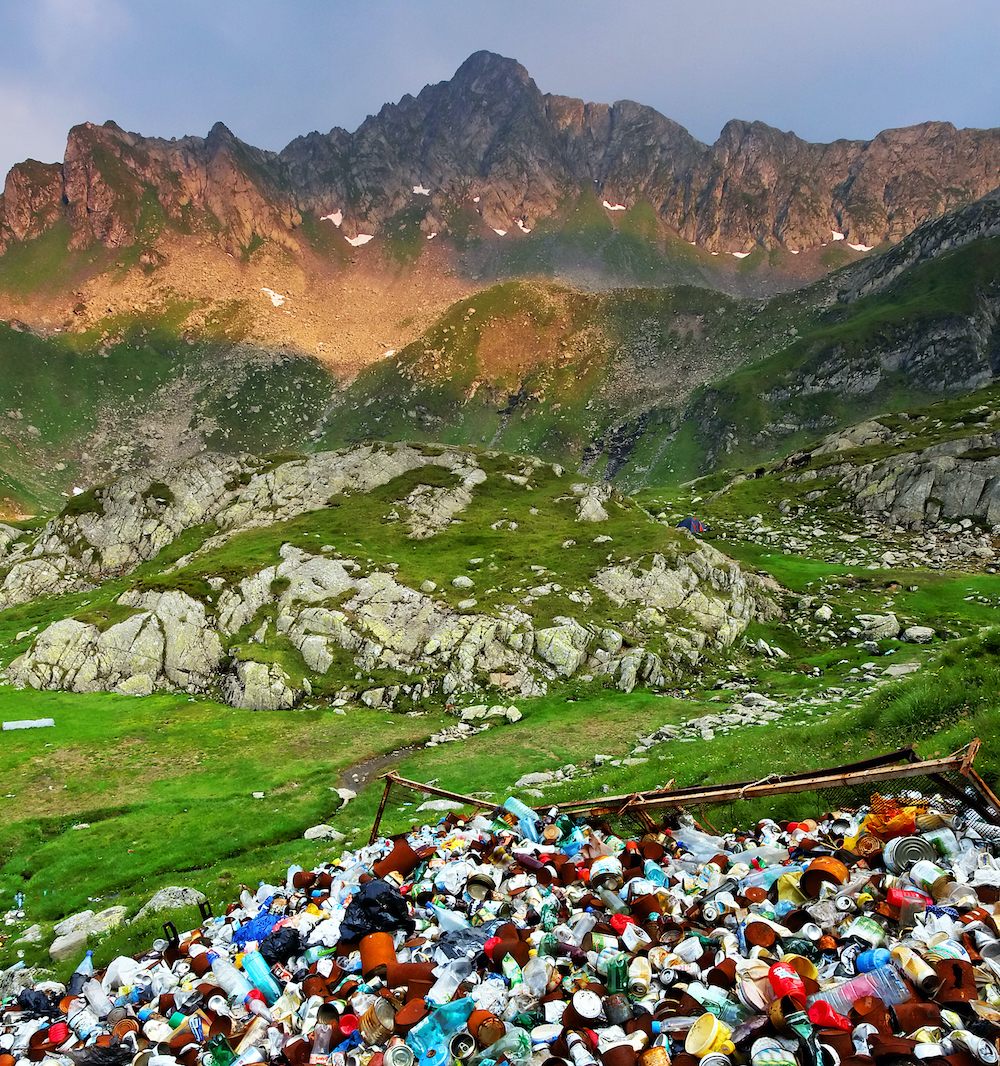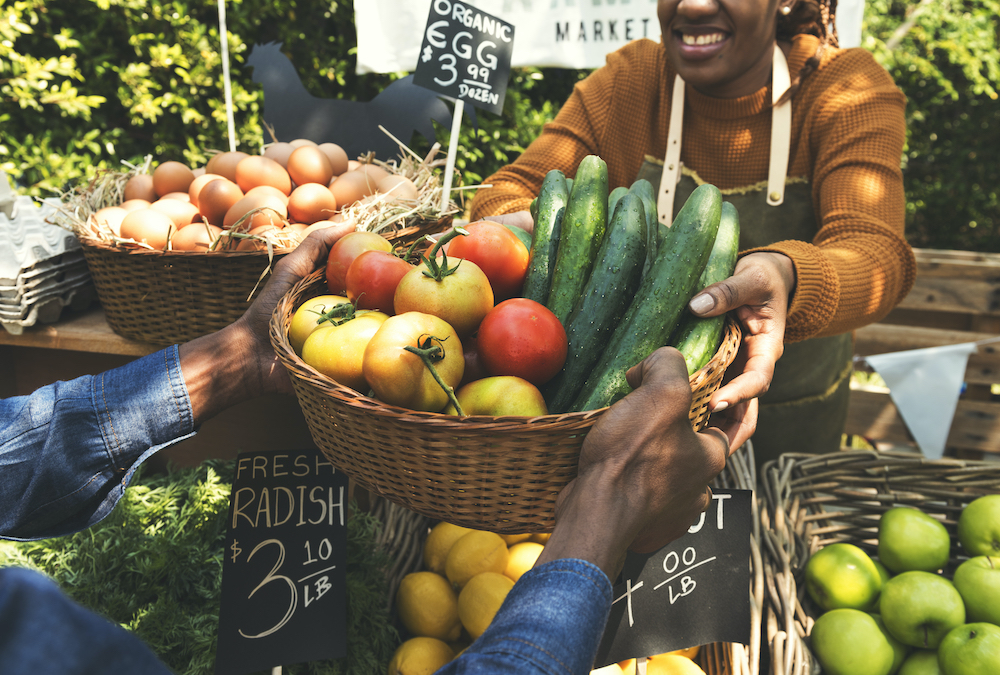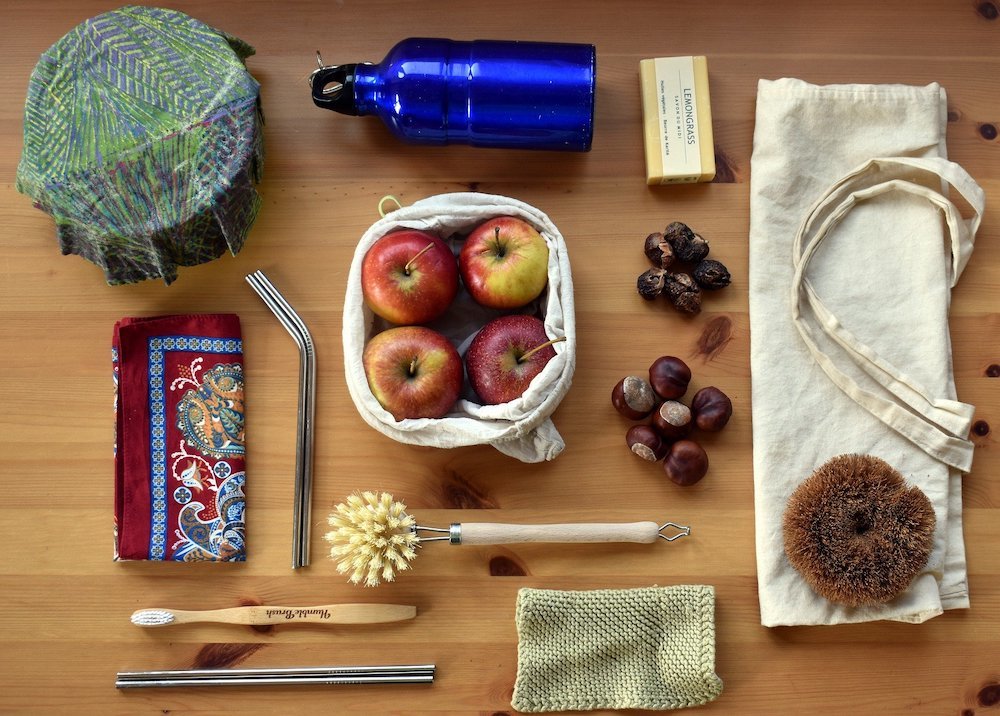
It’s that time of year again! Plastic Free July. Although we should really celebrate plastic-free year-round, July can serve as a great starting point or help you take your plastic reduction efforts to the next level.
This year may in fact be the most important one yet to seriously consider cutting back on plastic. COVID-19 caused a spike in single-use plastic foodware with increased takeout orders, and most PPE and disinfectants also contribute to the plastic problem. COVID-related concerns aside, there have been a number of recent reports outlining the ubiquitous nature of the problem. In short, plastic is everywhere.

Instead of asking, “where do we find plastic pollution on our planet?”, the better question to ask these days is, “where in the world don’t we find it?”. From the deepest part of the ocean in the Mariana Trench to some of the world’s tallest mountains, we’ve found plastic. More recently, a team of researchers set out to study some of the most pristine and protected areas in the US – our national parks. The results were striking. The researchers found plastic in 98% of the 339 dust samples collected at 11 remote locations. They were able to estimate that at least 1,000 tons of microplastics are polluting our parks each year! But how is it getting there? This obscene amount of plastic is not just being left behind by visitors. Larger pieces are likely being swept up in nearby towns and cities by evaporating water and released into the parks with the rain and snow. Smaller pieces, on the other hand, could have traveled immense distances on wind currents high in our atmosphere to be deposited as part of the global dust transport. Much of this plastic is likely coming from our clothing, carpets, and other textiles. Another less obvious source is spray paint. Probably the most unnerving outcome of this and other similar studies is that we are breathing plastic. All the more reason to reduce your direct exposure to plastic and take control where you can. Learn ways to avoid these sneaky sources of plastic to better protect yourself and your family’s health!

In the same month – we were hit with another terrifying truth. Plastic is in our fruit and veggies. We already knew it has been found in seafood, water, beer, and salt; but somehow this seemed more personal. We should feel good about eating fruits and vegetables as a way to nourish our bodies and promote good health. How dare Big Plastic try to take that away! But again, how is this happening? It’s not just a result of buying produce wrapped in plastic, which is never a good idea anyway. Turns out microplastics found in the soil can be absorbed by the roots of plants and travel all the way up to the fruit or vegetable. Fruits were found to contain more microplastics than vegetables - with apples having the highest number and lettuce containing the least. Before you panic, these are new results and more widespread studies need to be done in order to understand the true implications of this. As always there is a cost/benefit to consider and you certainly shouldn’t give up eating your fruits and veggies! Just like you can’t give up drinking water or breathing air.

Bottom line is even if you live an entirely plastic-free lifestyle, you are still being exposed to microplastics and the resulting health concerns. I don’t say that to scare you but to empower you to truly reflect on where you can cut out plastic in your life. It’s all about minimizing risk. And in the spirit of Plastic Free July, I’d like to share a few ways to support the plastic-free movement.
- Join your local Surfrider Chapter or Club’s cleanup efforts to help contribute important data to our online database.
Solo cleanup guidance is now available on our beach cleanup website and a new COVID Priority Items Data Card is available to help track items specific to COVID-19. We use our cleanup results to inform, support, and monitor our plastic reduction campaigns. Not only will you help keep your local beach clean, you’ll be contributing to long-lasting policy changes aimed at ending plastic pollution once and for all. Become a Surfrider volunteer today!
- Show your Ocean Friendly Restaurants some love.
Ocean Friendly Restaurants have made a commitment to reduce single-use plastic at their establishment. This includes using no expanded polystyrene, no plastic bags, and only reusable foodware for onsite dining. You can feel better about ordering or dining at one of our member restaurants. Find an Ocean Friendly Restaurant near you or sign up today!
- Host or attend a virtual film screening with a solutions-focused Q&A.
The Story of Plastic and Plastic Wars are both great films that help expose Big Plastic for the dangerous, life-threatening bullies that they are. By understanding the lifecycle of plastic and full scope of the harm it does, we can be better armed to call for its demise. Microplastic Madness is an uplifting film that features youth activists from Brooklyn, NY. Watching these young leaders advocate for change in their school and city will leave you with a new wave of inspiration. Don’t forget to organize or attend the Q&A so you can turn that motivation into action!
- Conduct a personal plastic audit and encourage your friends and family to do the same.
As mentioned earlier, it’s crucial that we recognize the different sources of plastic in our lives so we can work to replace them with more healthy and sustainable alternatives. Our blog on Making Your Home Ocean Friendly is a good place to start assessing the products in your home.
- Check out Plastic Free July's website for more ideas and events around the world!
The “My Challenge Choices” is a great worksheet to help guide personal action. They also have their own bin audit instructions that are straightforward and easy to follow. Remember to take the challenge to show your support for living a plastic-free lifestyle!
Enough is enough. We simply cannot allow Big Plastic to continue with their increased trajectory to triple plastic production by 2050. Instead, there should be immediate and drastic action taken to reduce current production and halt any new construction. These actions and more are outlined in the federal Break Free From Plastic Pollution Act. Add your signature of support now. Have a happy and healthy Plastic Free July!
